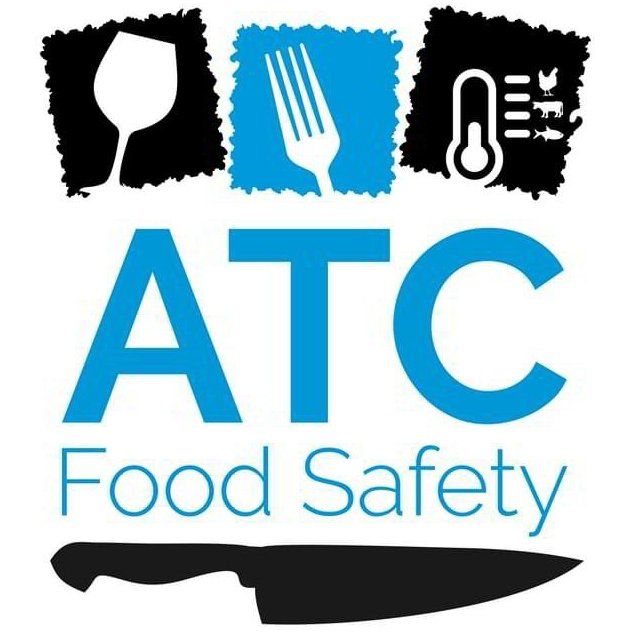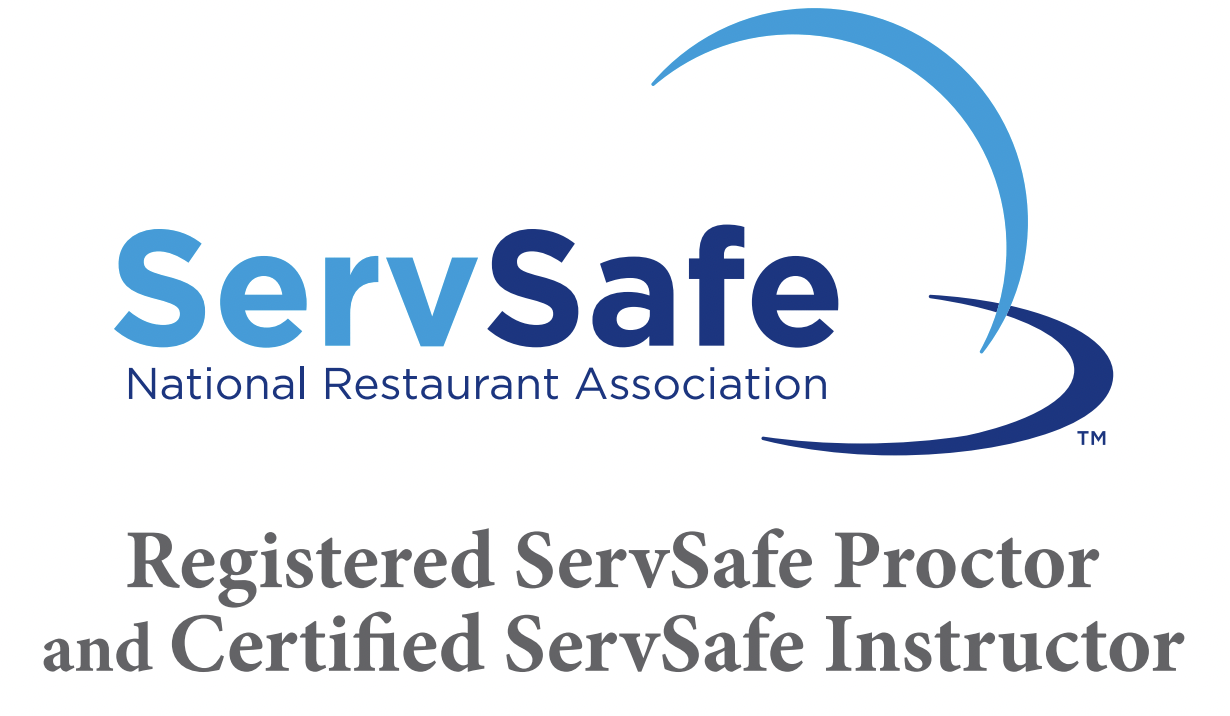CAMPYLOBACTOR
Campylobacter is a type of bacterium that is a common cause of foodborne illness.

Campylobacter is a type of bacterium that is a common cause of foodborne illness. The bacterium is found in raw or undercooked poultry, unpasteurized dairy products, and contaminated water. When a person ingests Campylobacter, it can cause an infection in the intestines that leads to symptoms such as diarrhea, cramping, fever, and abdominal pain.
Campylobacter infection, also known as campylobacteriosis, is the most commonly reported bacterial gastrointestinal illness in the United States. It is estimated that over 1.3 million cases of campylobacteriosis occur each year, leading to thousands of hospitalizations and sometimes even death.
The symptoms of campylobacteriosis usually develop within 2-5 days after exposure to the bacterium and can last for up to 10 days. The illness is usually mild, but it can be serious in some people, particularly young children, older adults, and people with weakened immune systems. In severe cases, campylobacteriosis can lead to complications such as reactive arthritis, Guillain-Barré syndrome, and irritable bowel syndrome.
To prevent campylobacteriosis, it is important to follow recommended food safety guidelines. This includes properly cooking poultry to an internal temperature of 165°F, avoiding raw or undercooked poultry, and avoiding unpasteurized dairy products. It is also important to wash hands thoroughly with soap and water after handling raw poultry and before preparing or eating food.
If you suspect you have campylobacteriosis, it is important to see a healthcare provider to get an accurate diagnosis. Treatment for campylobacteriosis usually involves antibiotics, but in mild cases, the illness may resolve on its own without treatment. To prevent dehydration, it is important to drink plenty of fluids and avoid foods that may irritate the digestive system.
In conclusion, Campylobacter is a common cause of foodborne illness that can lead to symptoms such as diarrhea, cramping, fever, and abdominal pain. To prevent campylobacteriosis, it is important to follow recommended food safety guidelines, such as properly cooking poultry and avoiding raw or undercooked poultry and unpasteurized dairy products. If you suspect you have campylobacteriosis, it is important to see a healthcare provider for an accurate diagnosis and treatment.
Hours
Public Classes 10AM - 4PM
24/7 Private Proctoring Available
24/7 On-site Classes

